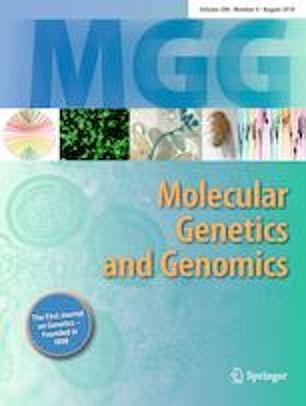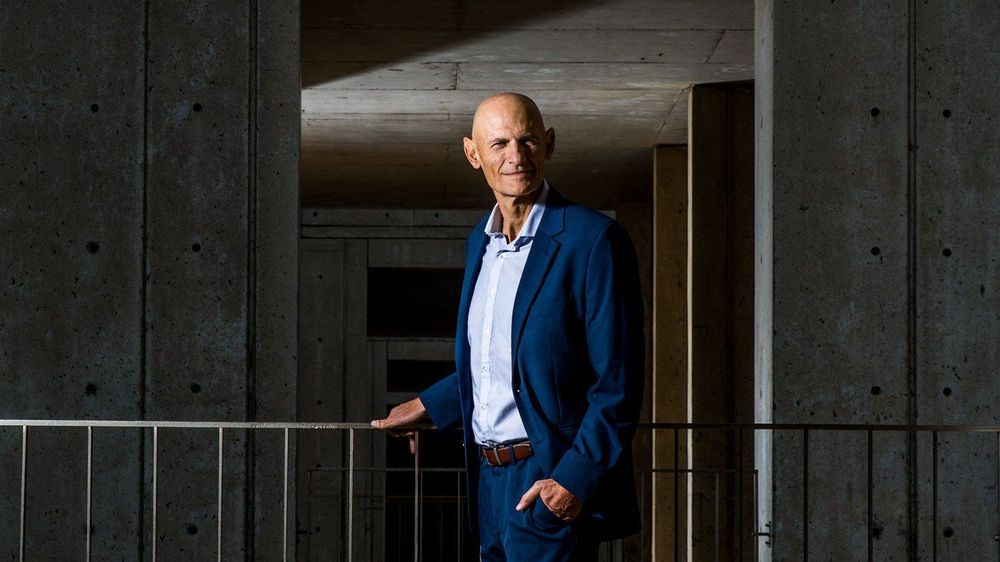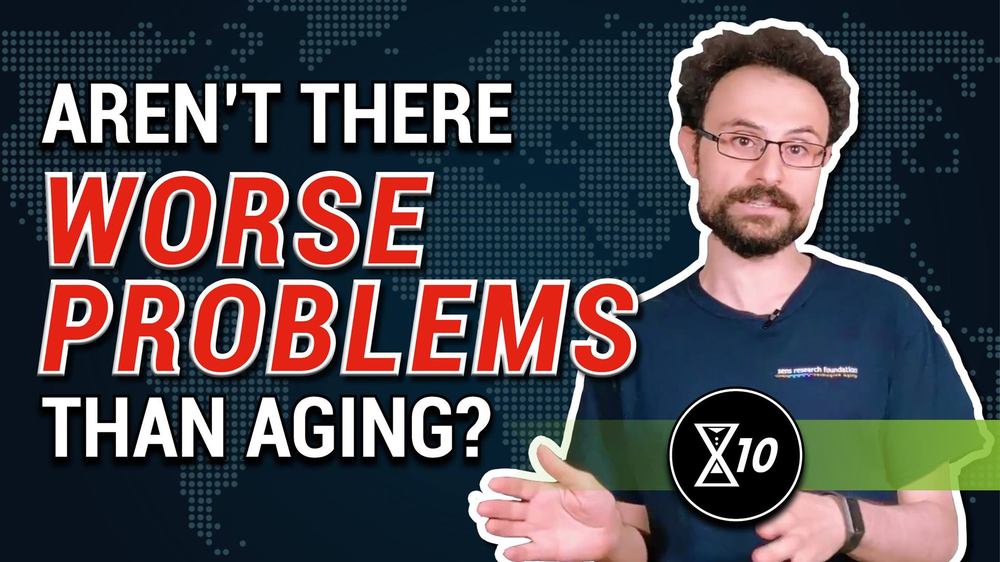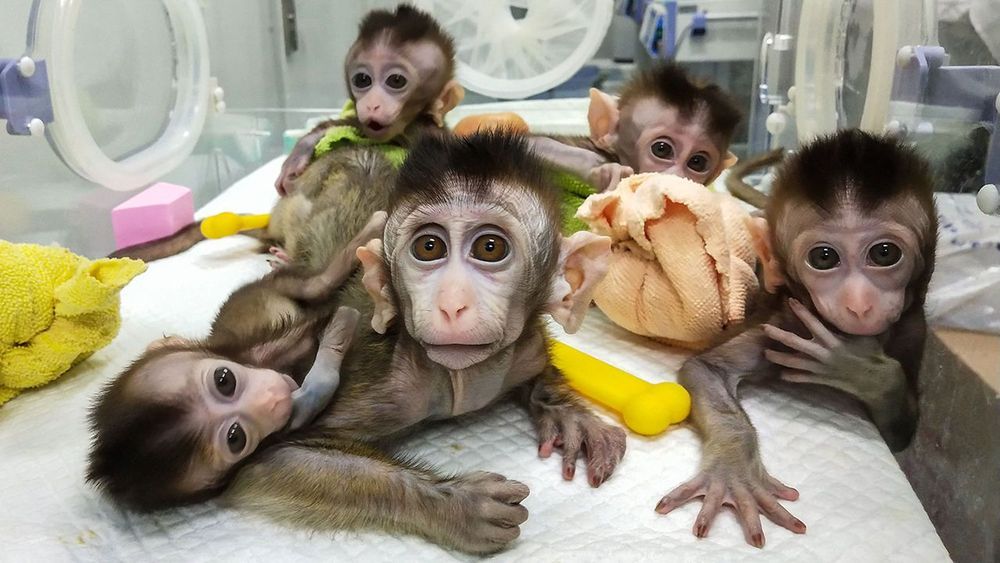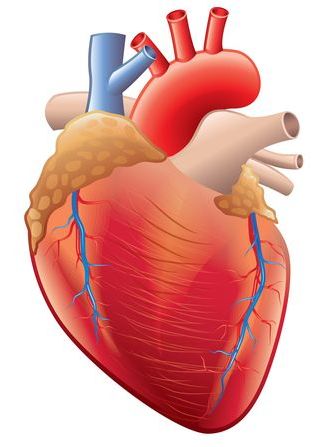The pursuit of longevity has been the goal of humanity since ancient times. Genetic alterations have been demonstrated to affect lifespan. As increasing numbers of pro-longevity genes and anti-longevity genes have been discovered in Drosophila, screening for functionally important genes among the large number of genes has become difficult. The aim of the present study was to explore critical genes and pathways affecting longevity in Drosophila melanogaster. In this study, 168 genes associated with longevity in D. melanogaster were collected from the Human Ageing Genomic Resources (HAGR) database. Network clustering analysis, network topological analysis, and pathway analysis were integrated to identify key genes and pathways. Quantitative real-time PCR (qRT-PCR) was applied to verify the expression of genes in representative pathways and of predicted genes derived from the gene–gene sub-network. Our results revealed that six key pathways might be associated with longevity, including the longevity-regulating pathway, the peroxisome pathway, the mTOR-signalling pathway, the FOXO-signalling pathway, the AGE-RAGE-signalling pathway in diabetic complications, and the TGF-beta-signalling pathway. Moreover, the results revealed that six key genes in representative pathways, including Cat, Ry, S6k, Sod, Tor, and Tsc1, and the predicted genes Jra, Kay, and Rheb exhibited significant expression changes in ageing D. melanogaster strain w1118 compared to young ones. Overall, our results revealed that six pathways and six key genes might play pivotal roles in regulating longevity, and three interacting genes might be implicated in longevity. The results will not only provide new insight into the mechanisms of longevity, but also provide novel ideas for network-based approaches for longevity-related research.
